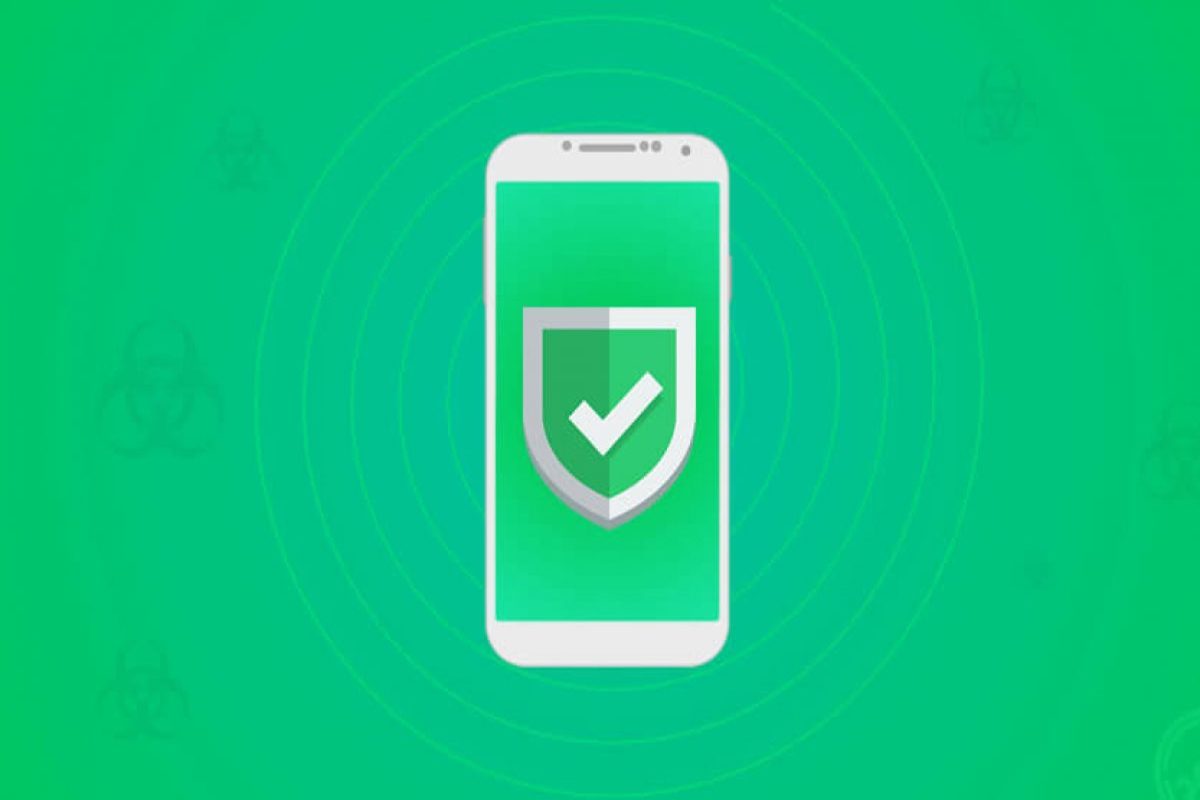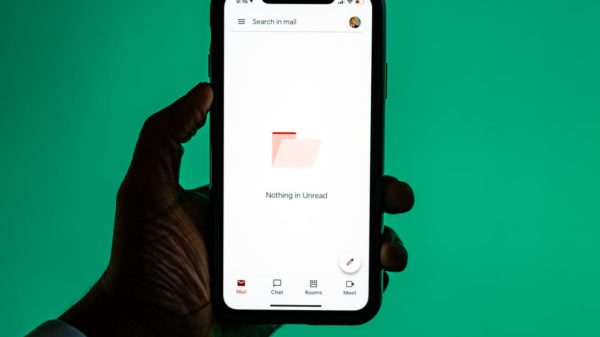Businesses now have access to many new prospects made possible by the internet. However, there are hazards associated with these prospects. Anything that has a connection to the internet, including mobile devices such as Android smartphones, is susceptible to being hacked.
In the vast majority of circumstances, Android smartphones do not require the installation of antivirus software. However, it is also true that Android viruses exist, and an antivirus program with helpful features can provide an additional layer of protection against these threats.
Most Android users know that they must install antivirus software on their computers to protect themselves. However, they also require antivirus protection on their mobile device is not well understood. Why? Many Android devices are being targeted daily by malware and malicious apps. Let’s find out more about this very important subject together.
Is it really necessary to have antivirus software on my Android device?
Do you want to be safe, or do you want to be sorry? It is possible that your smartphone, which is a sophisticated portable device, has access to some of your most critical business information as well as some of your most personal information. Professional thieves are willing and able to make significant financial investments to take such information from you.
Several phenomena have come together to elevate the overall degree of cybersecurity danger. It was more difficult to disseminate and propagate computer viruses when they were initially created, and they spread more slowly as time went on.
In those days, internet connections were not always available, processors were relatively sluggish, and the production of viruses was less widespread. Malware is becoming a multibillion-dollar industry.
There is a thriving black market for cyber tools, personal information, and programmers for rent, among other things. Every day, the AV-TEST Institute discovers almost 400,000 new pieces of malware, virtually all of which are designed to cause unlawful profits or results. Mobile devices, in particular, are becoming an increasingly lucrative target for cybercriminals.
Is it possible for Android phones to become infected with viruses?
The short answer is that Android phones and gadgets cannot contract viruses. However, this does not accurately portray the situation.
The term “computer virus” refers to “harmful software that self-replicates,” and while there are no viruses specifically targeting Android devices at this time, there are a plethora of malicious applications and other security risks that fit under the category of the virus.
A virus is only one sort of danger that is sometimes referred to as a ‘catch-all’ for harmful software, also known as malware, but in reality, it is merely a subset of malicious software. The presence of Android malware and other security risks is a concern, and there are several types of malware and dangers that you should be aware of.
What are the security dangers associated with Android-based devices?
As the popularity of the Android OS grows, so does the number of dangers that it faces. Android now operates on more than 80 percent of all currently available smartphones, so you can see exactly how severe this danger has grown in recent years.
On an Android phone, while the danger of infection from viruses is low, the potential of downloading malware or being subjected to another cybersecurity concern is substantial. On an Android phone, you may be exposed to the following threats, which a security application might help you avoid:
Malware threats
Android malware is software meant to be downloaded onto your phone or device and then used to carry out a harmful action on your behalf. The following are the most common forms of Android malware:
1. Spyware
Android spyware is software that may be used to gain access to all of the sensitive data stored on your smartphone, including contacts, messages, images, and account information, among other things. It may track your usage, and some can even access your webcam.
It is possible to download spyware applications that allow you to watch individuals you know, but various spyware programs can be deployed remotely.
2. Trojans
This is a sort of malware that impersonates a legitimate application and then does a harmful activity.
3. Ransomware
Like computer ransomware, this malware is meant to encrypt your data or limit access to your Android phone until you pay a ransom to the software’s creators. In addition to becoming locked out of your material, there is frequently a danger associated with this.
4. Keyloggers
Designed to record all of your actions and let you observe how you’re using your phone or track what you’re writing on your computer. These are sometimes referred to as “parental controls.”
5. Adware
Adware is one of the most fundamental forms of malware, yet it is also one of the most common. While it may not be as harmful, it is intended to cause aggravation and generate revenue for the perpetrator. The adware will constantly display advertising on your phone, frequently taking up the entire screen.
6. Hacking
When someone hacks into a device, they are most often doing it through a well-known exploit or a piece of malicious software. This type of hacking can collect sensitive information, bank information, or install further malware on a victim’s computer.
7. Catfishing
A catfish creates a fictitious profile on social media with the intent of tricking you into disclosing sensitive information about yourself. The widespread usage of social media and email applications on mobile devices is a significant problem for Android users.
8. Phishing
Phishing is a big source of frustration for mobile users. By impersonating a genuine site, it is possible to steal personal information from users by tricking them into inputting their information or downloading malware onto their computers.
Historically, phishing scams were carried out mostly through emails, but in recent years, there has been an increase in phishing SMS scams that target both Android and iOS handsets.
What Should You Do to Keep Yourself Safe?
The most important line of protection is to avoid tampering with Android’s basic security settings in the first place. To get the certification, each phone and tablet that receives Google certification has the security setting “Unknown sources” deactivated by default.
If you wish to sideload an APK that has been obtained from anywhere other than Google Play, your phone will request you to allow that functionality for the app that has been sideloaded.
Leaving this turned off protects you from practically all Android malware because virtually no such malware is available in the Play Store.
However, there are genuine reasons to enable unidentified sources to be used. The Amazon Appstore client sideloads the applications and games you purchase. Many reputable websites contain legitimate app updates that are being rolled out in phases so that you don’t have to wait for your turn.
Additionally, you have access to Google Play Protect, which analyses your apps for dangerous behavior in addition to the Play Store. Upgrades to Play Protect are sent through Play Services, so you won’t need to install any additional system updates to remain safe.
Generally, downloading a third-party antivirus application copies the functionality of Play Protect. It truly just takes a teeny-tiny amount of common sense to stay away from Android viruses. If you don’t do anything else, limiting your downloads to the Google Play Store will keep you secure from nearly all of the risks that exist.
Bottom Line
There is no hard and fast rule about whether or not you should use antivirus software on your Android device. All factors to consider are how you use your Android smartphone, what sort of data you save on your device, and what amount of security you desire in your device. Keeping all of these considerations in mind, you must decide whether or not you should install an antivirus program.









